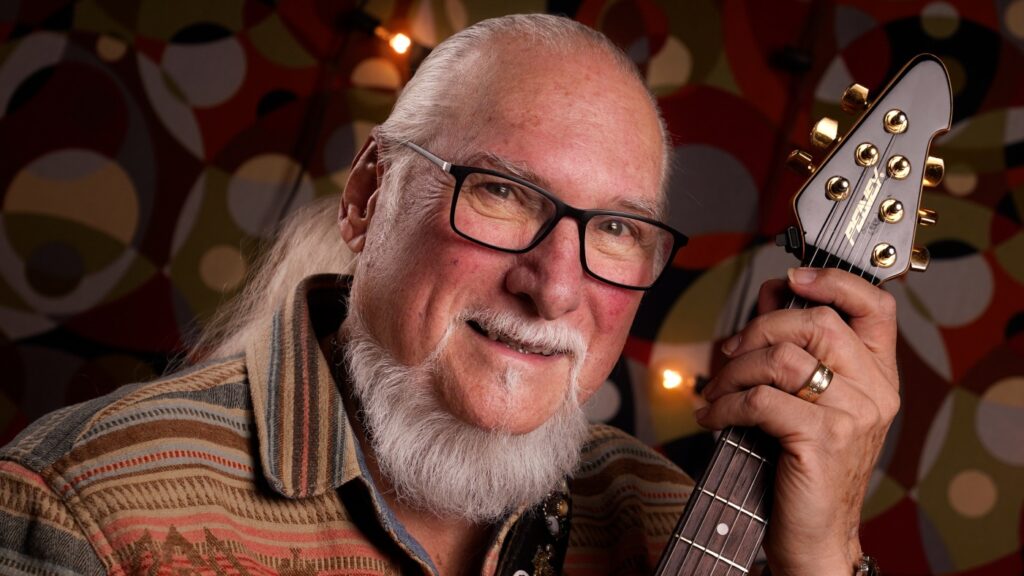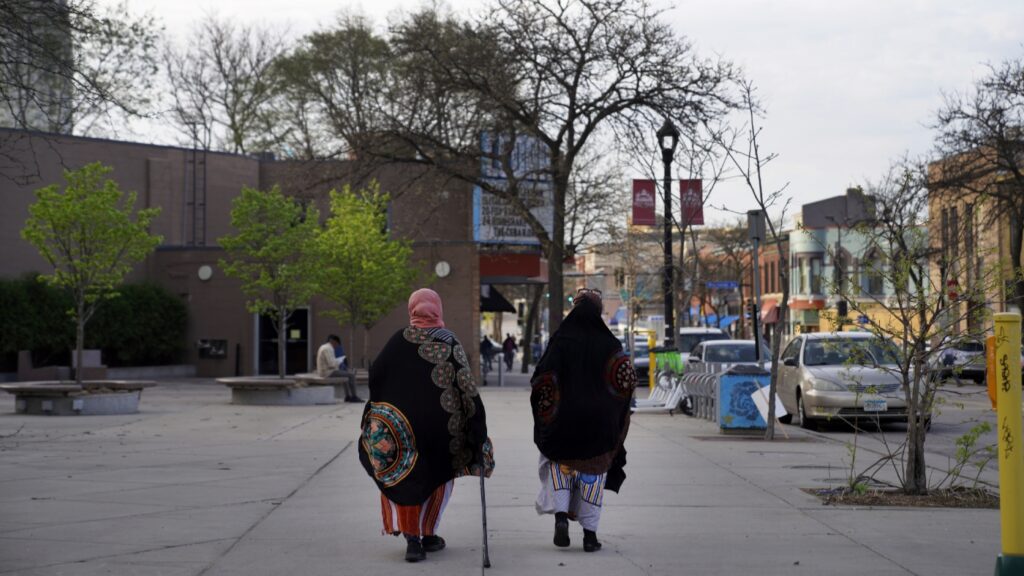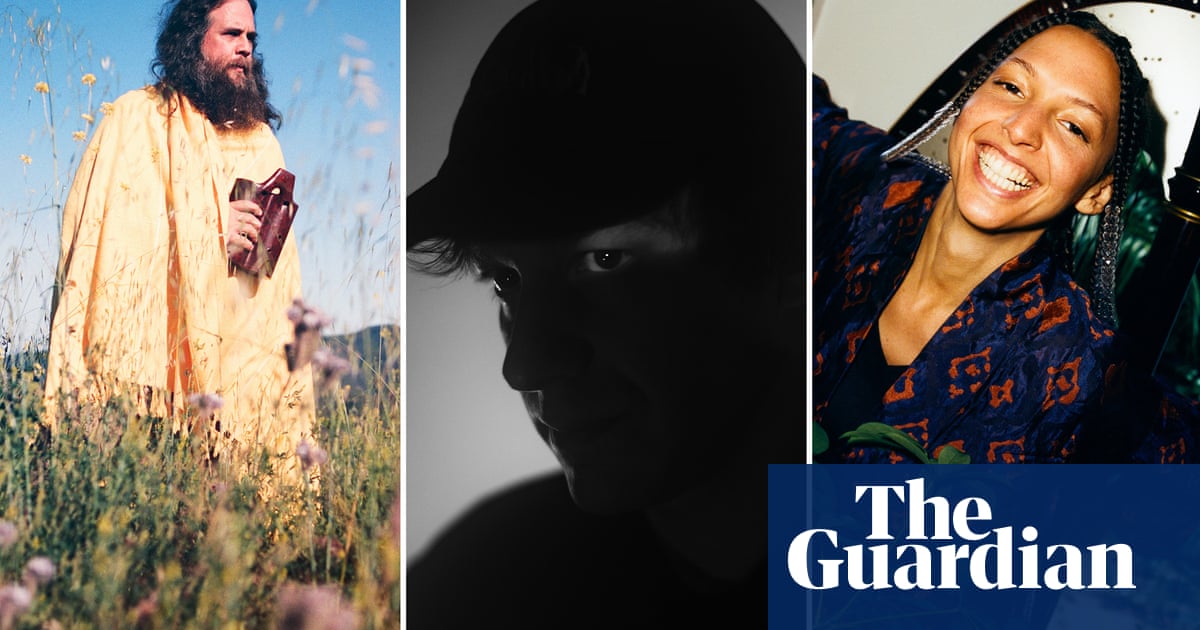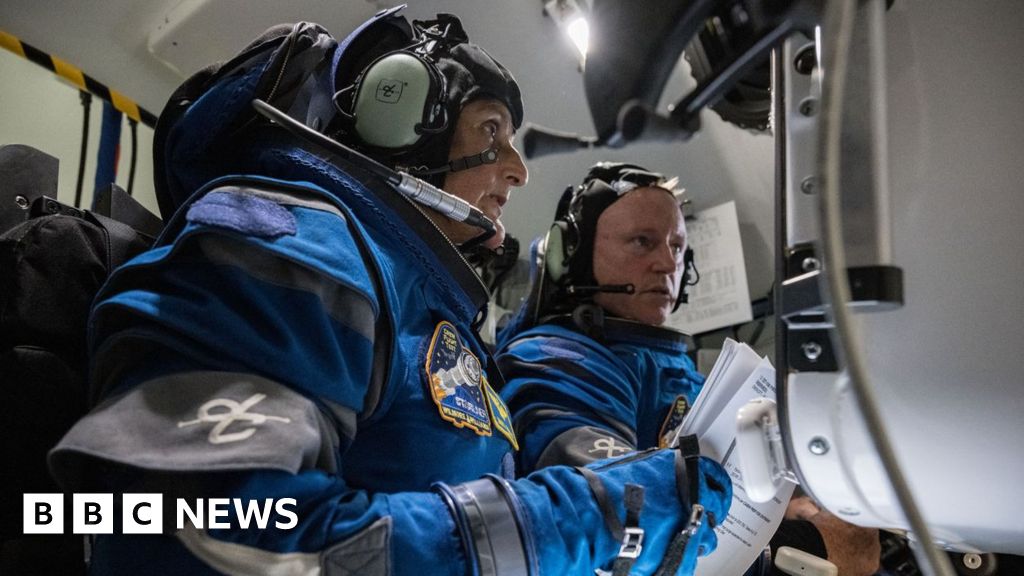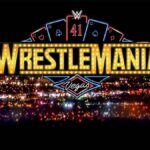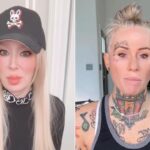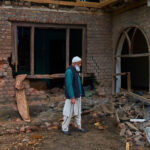Now Reading: ‘Cancer ghosting’ is a painful reality for many during and after cancer treatment : NPR
-
01
‘Cancer ghosting’ is a painful reality for many during and after cancer treatment : NPR
‘Cancer ghosting’ is a painful reality for many during and after cancer treatment : NPR
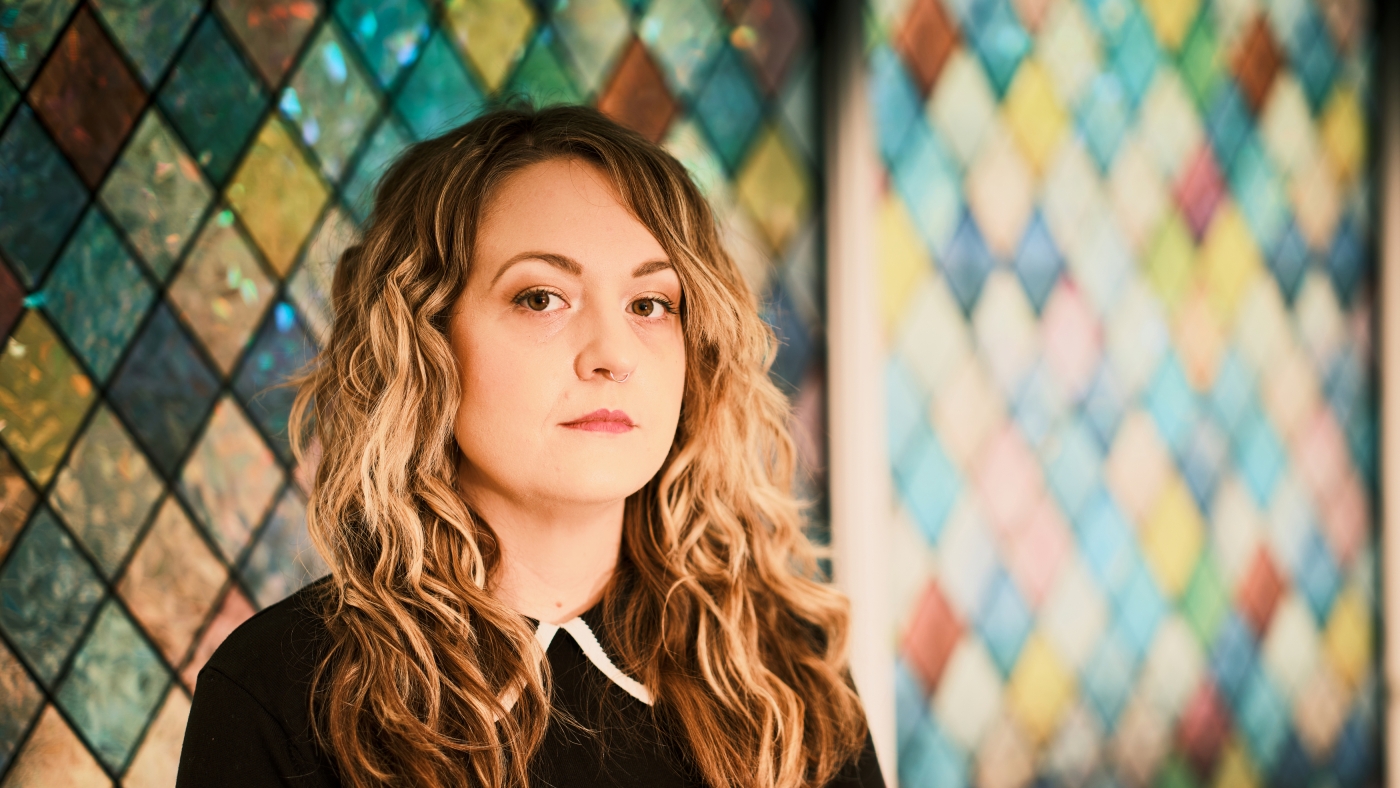

Chelsey Gomez was diagnosed with Hodgkin lymphoma at the age of 28. Cancer ghosting “is the most painful thing” she says, “because you’re sitting there thinking, ‘Oh, I must’ve been a horrible person.'”
Zack Wittman for NPR
hide caption
toggle caption
Zack Wittman for NPR
Chelsey Gomez grew up fiercely independent. Her abusive father left when she was young. She put herself through college, and met her future husband, who’d also grown up amid dysfunction, when they were only 14.
“My husband and I have basically grown up together, been each others’ close family,” Gomez says, and had built up their lives and careers.
Yet nothing prepared Gomez to lose relationships with her best friend at work, and even the younger brother she’d doted on, after getting cancer at age 28. She shared her diagnosis with them, and —poof! — they disappeared. They stopped calling, stopped texting. They didn’t check in.
More than the excruciating bone marrow transplant to treat Hodgkin Lymphoma, or the chemotherapy that nearly killed her, Gomez says what hurt most was confronting the idea that – to these people she loved – she did not matter. “That is the most painful thing, because you’re sitting there thinking, ‘Oh, I must’ve been a horrible person,'” Gomez says.
Jarring for young patients
What happened to Gomez is common enough that some have coined a term for it: “cancer ghosting.” This social isolation and loss of support – even from close friends and family members – is a devastating and often unrecognized side effect of the disease. Survivors say abandonment creates scars that run deeper and take longer to heal than physical damage. It’s especially jarring for young patients, who have fewer peers with experience of major illness and appreciation of its many tolls.
Many, like Gomez, say they felt unprepared for how the disease — and peoples’ reactions to it — reordered their relationships, hollowed out their self-worth, and above all left them feeling devastatingly alone. For a long time, Gomez assumed the problem was unique to her. “I cried more about that than the cancer a lot, because it’s shameful to talk about, really,” she says. “And so I don’t want to talk about it. I feel shame.”
Gomez is among a growing population of 18.1 million people experiencing a relatively new frontier in cancer survivorship. As scientific advances enable more people to live much longer, survival is coming with new challenges in life afterward. One of the chief ones is social isolation, which several cancer survivors told NPR was more painful than the treatments themselves.
Six years after diagnosis, Gomez, now 34, beat back a second round of cancer and is now healthy, living in DeLand, Florida with her husband and their 9-year-old daughter. But it still gnaws at her, this question of why these key people disappeared when she needed them most.

Now 34, Chelsey Gomez has had two rounds of cancer treatment. At right she is pictured with her husband and daughter. She still puzzles over the experience of being ghosted: “They just kind of cut you out of their life and you never know why.”
Gomez family
hide caption
toggle caption
Gomez family
“I think that’s one of the things with cancer ghosting – a lot of times you don’t get an explanation from people. They just kind of cut you out of their life and you never know why,” she says.
An inability to face feelings
Nearly every patient has a story of being ghosted by people they’re close to, says social worker Carissa Hodgson, who directs community support programs at Bright Spot Network, a support group for parents with cancer. The disappearing act feels like cruelty, she says, but in fact people who ghost usually do so because they’re unable to manage their own fears. They get tongue-tied, or afraid of offending the patient, she says. Or they cannot confront the new possibilities: What if they die? Could I get cancer?
“All of these feelings come up for people and they don’t know how to deal with it, so how they deal with it is running away,” Hodgson says.
Ashley Levinson, 53, concluded that’s what happened with two of her siblings, who withdrew after she told them she had breast cancer a year ago. One responded on Facebook with a message that read: “Good luck with everything, and here’s to better health.” The other never responded at all.
Levinson, a single mother of two, says their silence made her feel like a burden and responsible, somehow, for her own disease.
Support can be simple
Thankfully, others stepped in off the sidelines in their stead. A cousin, her children, and in particular a friend from high school who happened also to be an oncology nurse, “became a sister of my soul and my heart,” Levinson says.
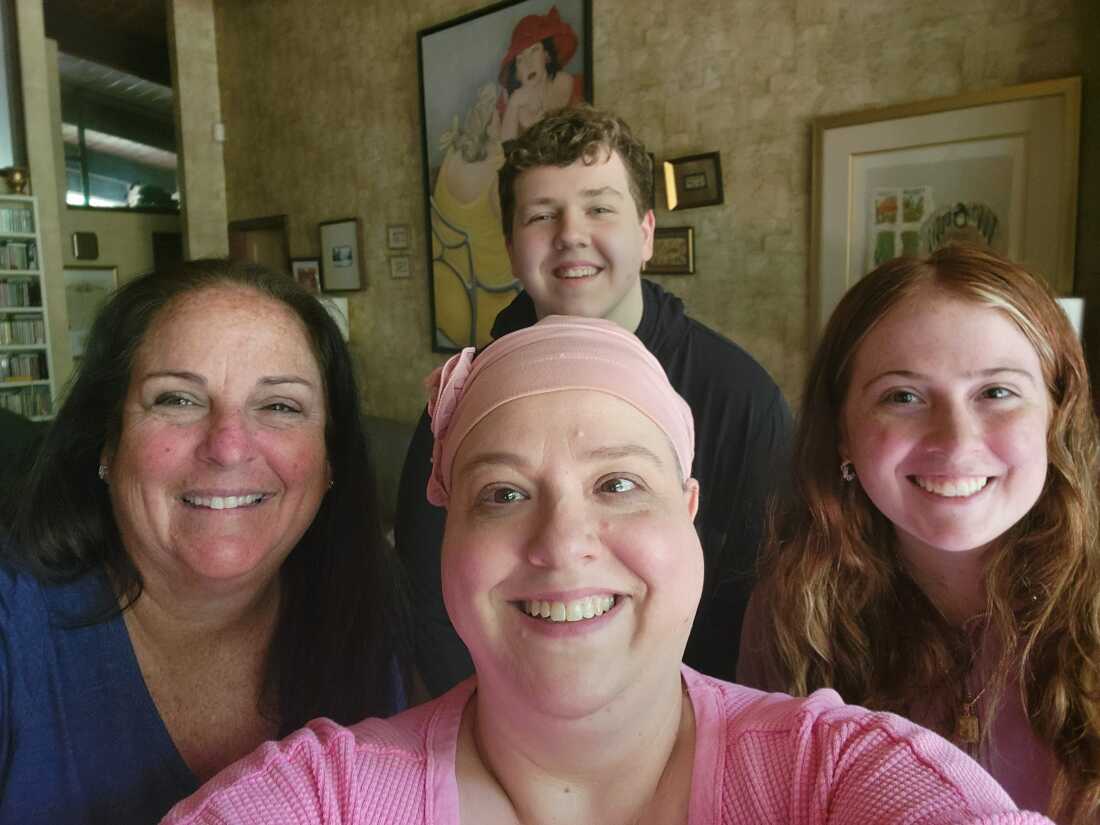
Ashley Levinson, center, was diagnosed with breast cancer at the age of 52 in August 2023. Though some family members let her down, she got the support she needed from friends Jennifer and Julia Buck.
Levinson family
hide caption
toggle caption
Levinson family
Levinson, who lives in Mantua, N.J,, is cancer-free after a year of treatment that included chemotherapy and a double mastectomy. Looking back, she says she hadn’t needed much from her biological siblings.
“Saying — ‘Hey, are you okay?’ — that validates that they understand that what you’re going through is difficult, and that even if they’re not there every single day, that they’re going to be there when you feel you need to turn to them at your weakest moment.”
Support need not be complicated, says Arif Kamal, chief patient officer at the American Cancer Society. He says even simple messages like, “I’m thinking of you,” can really matter. And he says practical support is often best when it’s very specific, like: “I’m picking up a pizza for my family tonight. I’m going to pick one up for you as well. Do you still like pepperoni?”
But Kamal says support can be hard to sustain, especially with people surviving sometimes for decades. “Peoples’ social support, if they have it, over time will go away,” he says, noting research from the cancer society showing more than half of patients feel socially isolated when they are diagnosed, and more so during active treatment. “Cancer is a rallying factor for some, not all. But there’s an expiration date to that rally.”
Connection is an antidote
Chelsey Gomez, the cancer survivor in Florida, watched her social circle narrow as people seemed to tire of her illness. Relations with her brother never fully recovered, even after he’d explained he was keeping tabs on her by asking their mom. “Every time I see him, I think about it,” she says.

Chelsey Gomez is an artist, and ghosts are a frequent theme for her. They represent the cancer friends she has lost, and also her new life as a cancer survivor. “When you have cancer it sort of feels like you cross over into a different place,” said Gomez. “You are alive but you feel almost like you’re only half alive and people aren’t seeing you the same.”
Zack Wittman for NPR
hide caption
toggle caption
Zack Wittman for NPR
Other friends who ghosted her, she simply let go of: “They don’t exist to me anymore. They really just are like a ghost.”
Visual editing by Katie Hayes Luke. Graphics by Juweek Adolphe. Editing by Diane Webber and Carmel Wroth.


